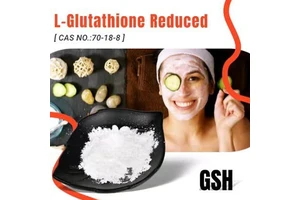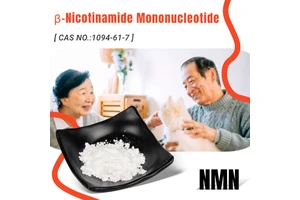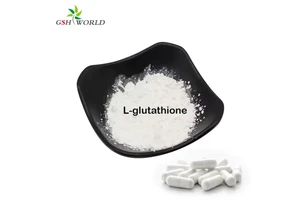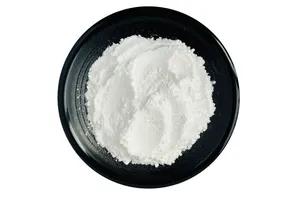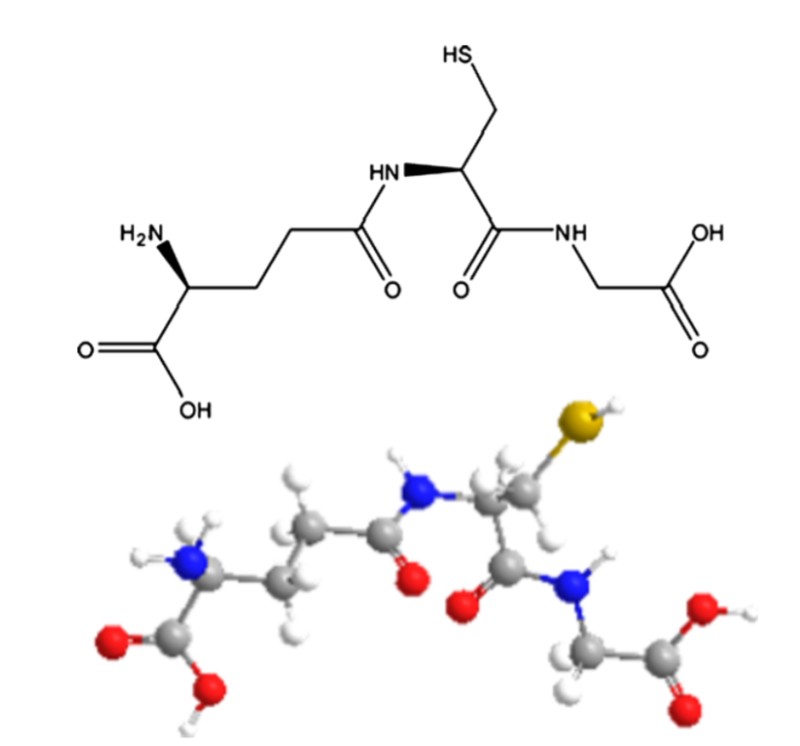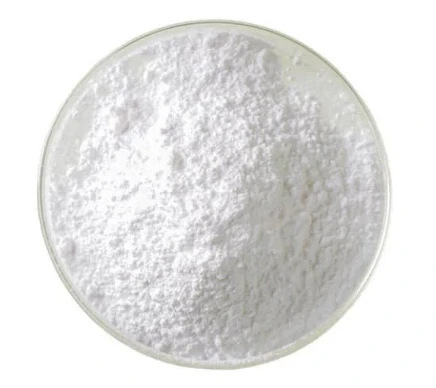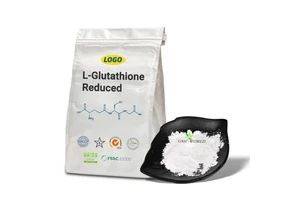The physiological functions and precautions of glutathione
What is Glutathione?
Glutathione is an important antioxidant present in the human body, existing in two forms: reduced glutathione (GSH) and oxidized glutathione (GSSG). Among them, GSH is composed of glutamic acid, glycine, and cysteine connected by peptide bonds, and is synthesized in the liver in the highest quantity.
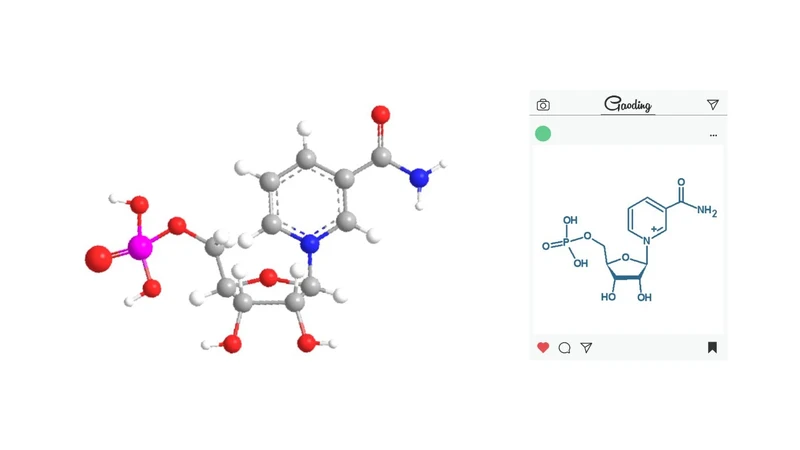
The physiological function of glutathione
1. Antioxidant effect
Free radicals can damage cell membranes, while glutathione can help clear free radicals in the body, protect thiol groups in many proteins and enzymes, and protect cells from oxidative damage.
2. Improve liver function and treat various liver diseases
Glutathione can enhance the activity of antioxidant enzymes, thereby promoting the repair and regeneration of liver cells, as well as detoxification of the liver, which is beneficial for protecting the liver. It can also reduce cell membrane damage and maintain the integrity and stability of liver cell membranes. Glutathione is clinically considered an important drug component for liver protection.
The "Guidelines for Diagnosis and Treatment of Drug induced Liver Injury in China (2023 Edition)" states that glutathione is one of the recommended treatment drugs for mild to moderate liver cell injury type DILI (drug-induced liver injury) with elevated ALT/AST.
In addition, studies have shown that combining glutathione with conventional treatment can effectively improve the overall treatment efficacy in patients with viral hepatitis.
Glutathione can also be used in alcoholic liver disease to accelerate free radical excretion and reduce liver cell damage.
3. Maintain immune function
Glutathione can regulate the activity of immune cells and enhance the body's immunity. Quickly identify and eliminate foreign pathogenic microorganisms.
Glutathione can also assist in promoting the production of antibodies in the body and facilitate the normal functioning of immune responses.
4. Protect hemoglobin
Under the oxidation of hydrogen peroxide and free radicals, some of the divalent iron in hemoglobin in red blood cells is oxidized to trivalent iron, causing hemoglobin to become methemoglobin and lose its ability to carry oxygen.
Glutathione can protect hemoglobin from oxidation by hydrogen peroxide and free radicals, and continue to function normally in transporting oxygen.
5. Effective for diabetes nephropathy
Glutathione can inhibit the progression of diabetes nephropathy by regulating the activity of alanine sulfinylase.
Glutathione can also reduce inflammatory reaction and urinary microalbumin excretion, thus delaying the development of diabetes nephropathy.
Glutathione has high clinical efficacy in the treatment of glomerulonephritis, nephrotic syndrome, chronic kidney disease, and decompensated chronic kidney failure.
Precautions for Glutathione
GSH, as an endogenous active peptide, can effectively detoxify and reduce oxidative stress, regulate the body's immune response, and control inflammation by clearing or neutralizing various harmful peroxides and free radicals produced in the human body.
At present, glutathione commonly used in clinical practice includes tablets, injections, and oral tablets.
Although glutathione has many benefits, public health pharmacists remind that the following precautions must be taken when using it:
1. The dosage should be appropriate to avoid overdose. Excessive intake can lead to nausea, vomiting, etc., and in severe cases may damage kidney function.
2. Pay attention to drug interactions. Glutathione may interact with certain drugs, affecting their effectiveness, and should be avoided for simultaneous use.
3. Use with caution for special populations. For example, pregnant women, breastfeeding women, and individuals with certain illnesses should consult a doctor before use.
4. Regular monitoring. Regular physical examinations should be conducted during long-term use of glutathione to ensure that the intake is within a safe range and there are no adverse reactions to the body.

